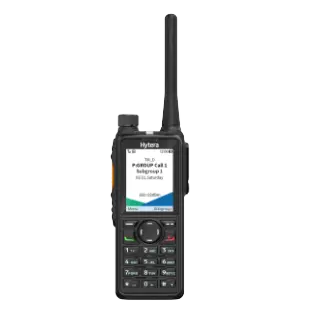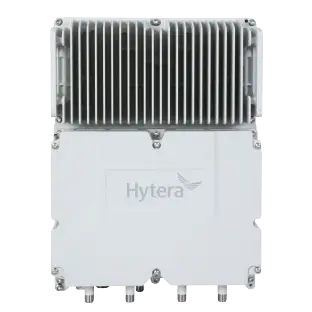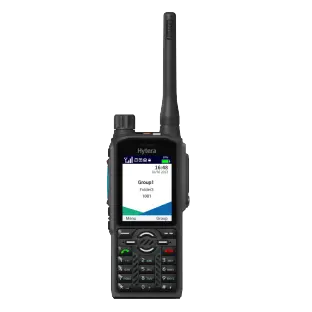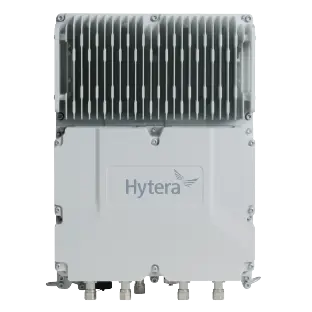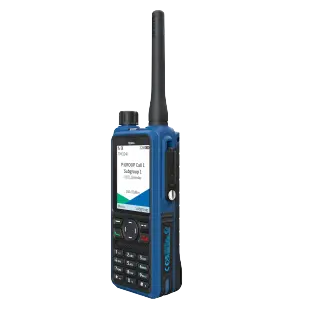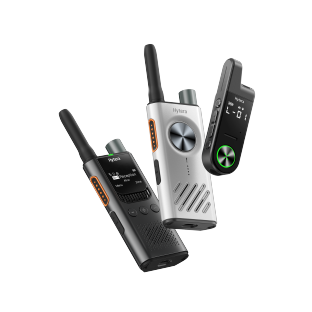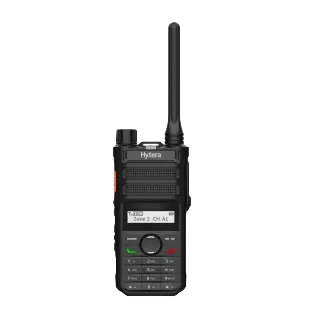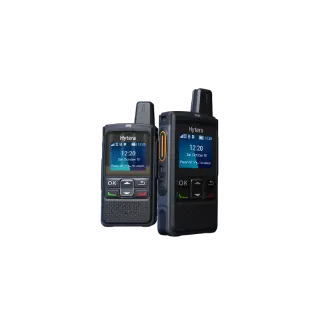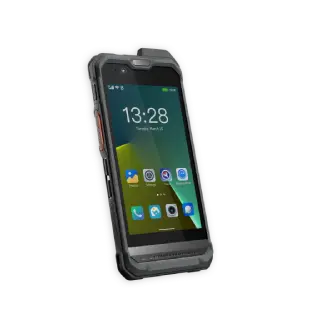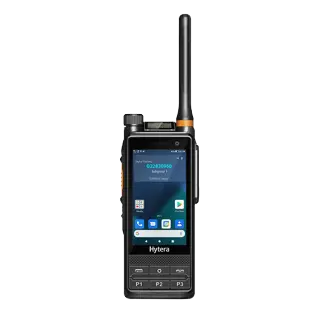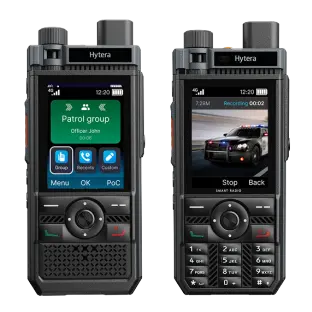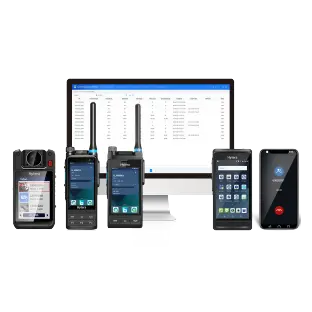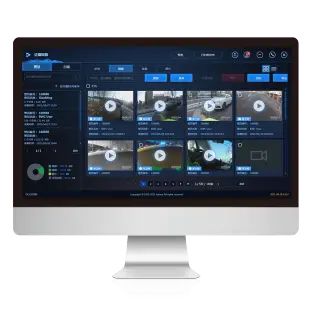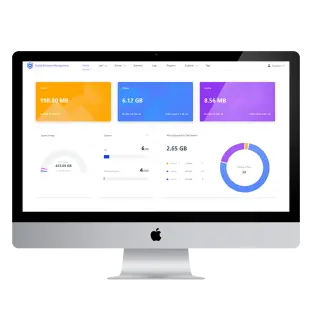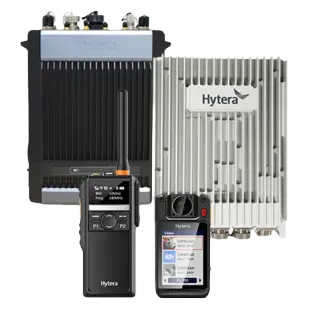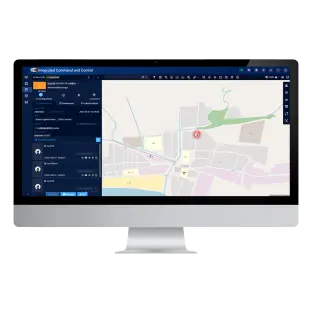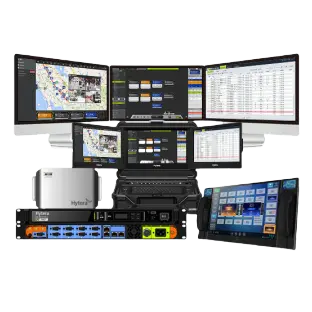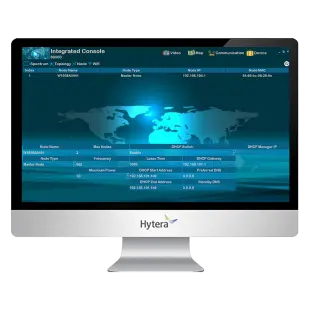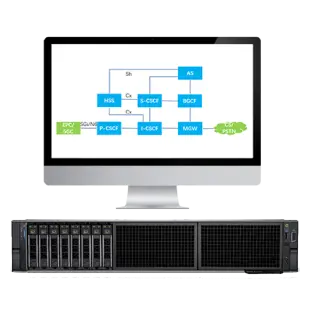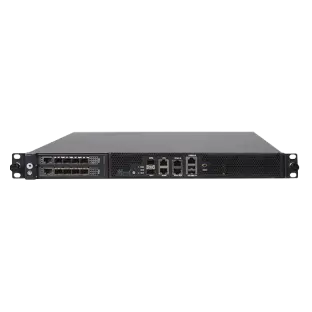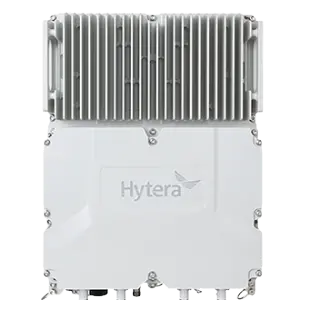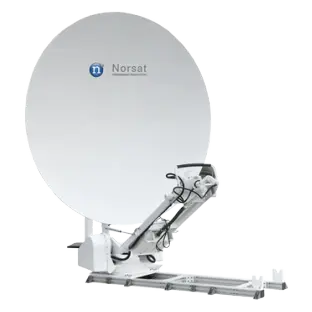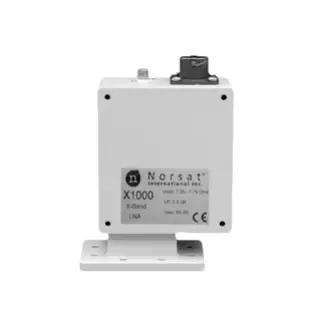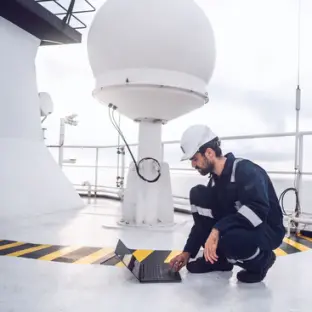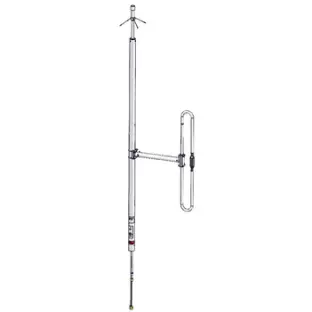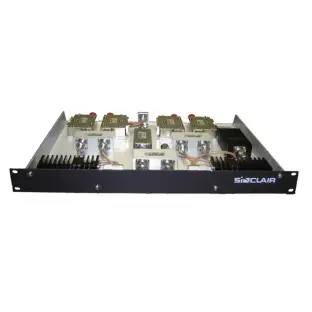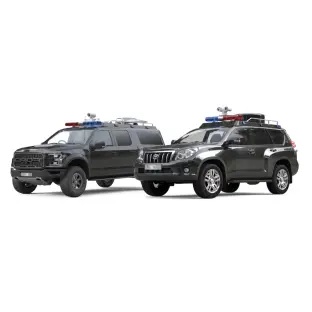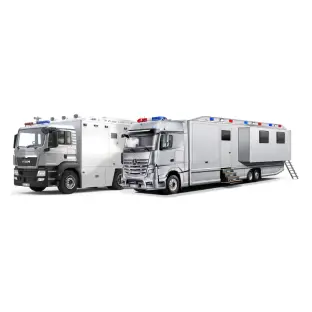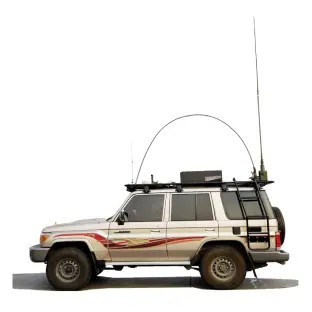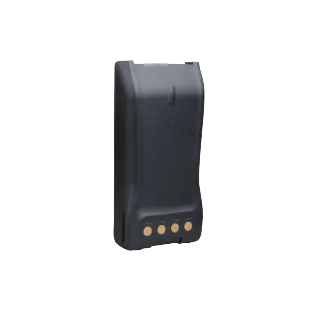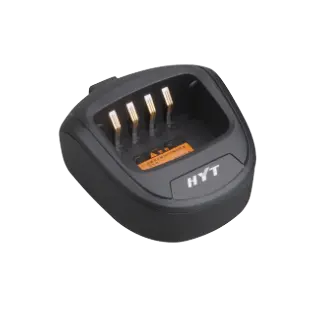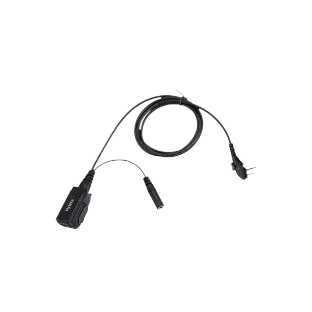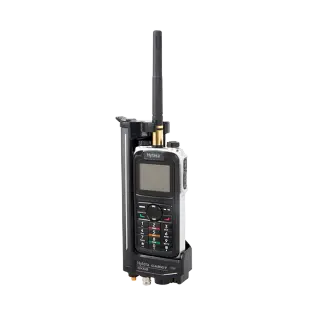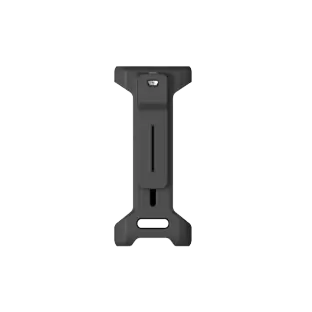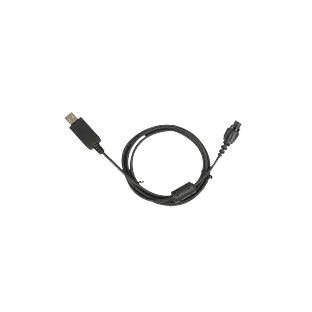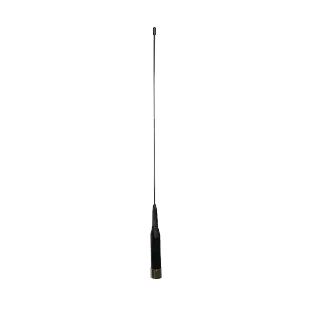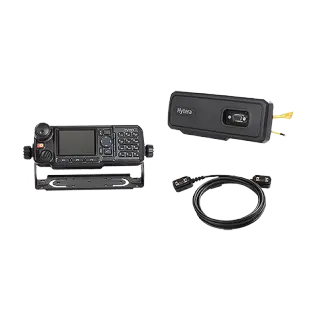Repost authorized by Critical Communications Today
In the year of Hytera's 30th anniversary, Philip Mason talks to its CEO, Yelin Jiang, about the company's evolution and the complexities of the global critical communications market.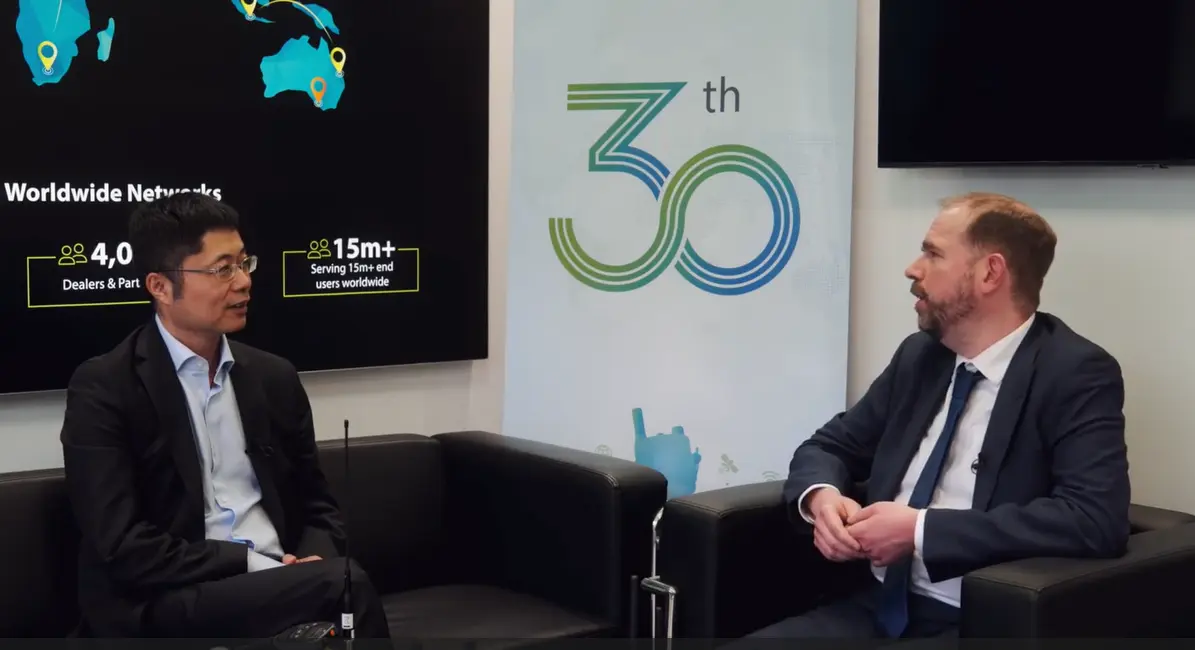
Mason: It's Hytera's 30th anniversary. Can you give me an overview of the company's history?
Jiang: Hytera was founded in 1993 by our chairman. We started off with five people working at the company, and at the beginning we were just dealing in analogue radio. It was essentially a box-moving business.
After 10 years of being in operation – around 2003 – we realised that there was going to be a shift from analogue to digital. There was a debate at the time between dPMR [digital private mobile radio] and DMR, with TETRA also starting to emerge as a key technology. Then we decided to move forward with DMR and TETRA.
By 2011, we were listed on the Chinese stock market. We also subsequently acquired a TETRA infrastructure company in Germany, HMF, which is located in Hanover. We embarked on a journey to transform from box-moving to becoming a system and solution provider.
Mason: How has Hytera's market position changed?
Jiang: After the move from analogue to digital, we became increasingly strong in the market. Then, around 2015, we decided that we should make our next move, focusing on broadband. We started to develop dual-mode terminals, POC and MCS, smartphones, multimedia command and control and so on. Starting as a device provider, Hytera is now recognised in the market as a one-stop solution provider. We offer a portfolio of different technologies and protocols.
After 30 years, we've always focused on high-quality products, as well as on innovative solutions. Hytera's origin is China, and now operates globally. We sell into every part of the world, including Latin America, Southeast Asia, Europe and Africa. We're expanding our sales network all the time.
Mason: Given the company's background in narrowband, how are you finding the move towards broadband? From a traditional DMR/TETRA industry perspective, what are the key issues?
Jiang: We firmly believe that broadband will be the future, both for public telecom and for the private PMR industry. The big questions are how and when – this is the most difficult part.
Based on our belief, we have invested a lot in the technology over the course of the past six or seven years. Today, we spend more than 60 percent [of our R&D budget] on broadband in relation to terminals, infrastructure, base stations, applications and so on.
The broadband technology we've focused on are things such as dual-mode terminals, smartphones – our PNC 560, 460 – POC radio, bodyworn cameras, broadband base stations, and control room applications.
Regarding key issues in the market, I would say that there are a lot of difficulties. For instance, when we talk to customers, everyone says that they need broadband. But, if you go one layer deeper, no-one knows exactly what they need and how to get the most out of the new technologies yet. That's a major question for us.
At the same time, different customers in different industries will have a range of requirements. Then there are different layers of customers within those industries. That includes high-level managers, mid-level managers, and obviously the real users themselves, all of whom will have different opinions. That's very much the case within the mission-critical sector.
Mason: Each industry will also have its own set of requirements…
Jiang: Yes – it's different from vertical to vertical. It's not like DMR or TETRA where in utilities and public safety the technology is leveraged for more or less the same purpose [ie, primarily voice]. There are more potential use-cases with broadband.
Broadband brings a lot of possibilities for the users and promises great potential. At the same time, there are currently no standards, guiding either vendors or customers. Plus, the giant commercial telecom vendors who have started to jump into these small vertical markets bring noise with them.
Mason: What kind of noise?
Jiang: As PMR industrial vendors, we know very well what customers need. The same is true for other major players in the PMR business… they understand the customer very well also. But the giant telecoms vendors who are newcomers, they're not necessarily as aware of what is really needed by industrial PMR users. They arrive with a lot of fancy technologies, and I believe that this confuses customers about what their next move should be.
It also sows potential doubts in their minds about us. They think that maybe the reason we say a particular thing or give certain advice is that we're late to broadband and don't have the same technology as the big commercial players. That is something we've heard.
Thinking particularly about China, there has been a learning curve. The trend now is that customers are realising that we have the experience, because the industry is so small and specialised. A niche market requires more focus.
Mason: What are the challenges of broadband from a technological perspective?
Jiang: Questions continue to arise around chipsets, which are required to support a lot of the broadband standards and frequencies. The mission-critical chipset options are much more limited than that of consumer smartphones. The lifecycle of broadband chipsets are shorter and the evolution of the technology is very quick.
Normally in the PMR industry, evolution is about five to 10 years from one generation of device. But in public telecom, it's about two years, at maximum. Users need to upgrade their chipset, their camera and so on.
However, our mission-critical customers will insist on buying one device across the course of maybe five or six years. That's what they were used to, and that's what they want to continue to do.
So, on the one hand, they want the most up-to-date technology, but on the other hand, they want a very slow replacement process. This is something else which makes things difficult for the market to mature and be successful.
Mason: How do you get over that?
Jiang: I can't say we've been very successful in this domain, but we've accumulated lots of experience, which is important for our ongoing improvement.
First of all, we need to try and grow with the customers. If they're moving to a broadband-based technology, it's our job to help them understand that the time period during which a replacement would be required is getting shorter.
At the same time, we've become very cautious in terms of the technology we're choosing for the products themselves. We are choosing chipsets and technology which we believe can survive for a long period of time, and have negotiated with chipset vendors in relation to exactly that. At the beginning, the customer didn't necessarily understand these things. But after you start to explain everything, they do.
Mason: How have you started to engage with the market in relation to this? How are you explaining it?
Jiang: We are essentially engaging customer by customer. When the customer really wants to move to a different technology, our strategy is to establish close communication with them, share with them our insights, set up some common objectives, and start some pilot projects.
Given the importance of broadband now, how important is DMR/TETRA likely to be in future?
Jiang: Our view of broadband is that it's a new market, rather than a replacement for DMR and TETRA. Maybe for some it's a replacement, but I'd say that's a maximum of 20 percent of customers. We believe that broadband is something which will be used on top of DMR and TETRA.
We have no doubts that TETRA and DMR will exist for another 10 or maybe 20 years, which is why we've continued to invest in both. We have been introducing and implementing new technologies and features into our new generation of devices. For instance, we're now including AI for voice recognition in TETRA terminals.
We can't say that this market will grow, but it will continue to exist. No doubt.
Mason: You're opening another European office, in Germany. Did Brexit influence that decision?
Jiang: Brexit was a factor, certainly. Before, we had no issue with where our warehouse was located, because Europe was all one union. Following Brexit, there's a lot of complexity.
It created a lot of additional document efforts. And even with much care, we can make a mistake and get a penalty.
Our 30th anniversary milestone year is a good time to be opening the new office. We've gone through so many changes, from the technology itself to the expansion of our business, and our brand image.
Our success is something we need to communicate with everyone, both inside and outside of the company.
Learn more about Hytera 30th Anniversary, please visit: https://www.hytera.com/en/about-hytera/30th-anniversary.html

